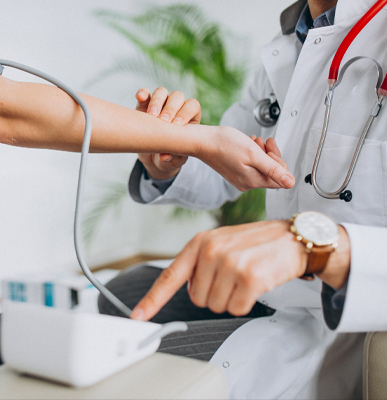
Urology is a medical specialty focused on the diagnosis, treatment, and prevention of diseases and conditions affecting the urinary tract and male reproductive system. Urologists treat a wide range of issues, including urinary tract infections (UTIs), kidney stones, bladder disorders, prostate problems, and cancers of the urinary system. They also address male infertility, erectile dysfunction, and incontinence.
Urology involves both medical and surgical treatments, with procedures such as cystoscopies, kidney stone removal, prostate surgery, and bladder surgeries. This specialty plays a crucial role in maintaining urinary and reproductive health for both men and women.



Urology is a diverse field with several specialized branches, each focusing on specific aspects of the urinary and male reproductive systems. These branches include:
These branches ensure comprehensive care for patients with a wide range of urological conditions, offering both medical and surgical solutions to improve health outcomes.
Prostate Enlargement:
Prostate enlargement, also known as Benign Prostatic Hyperplasia (BPH), is a common condition that occurs in men as they age. It involves the non-cancerous growth of the prostate gland, which surrounds the urethra and can cause urinary problems. While the enlargement itself is not cancerous, it can still lead to significant discomfort and complications.
Causes of Prostate Enlargement:
Symptoms of Prostate Enlargement:
Treatment Methods:
Prevention Methods:
While it is not possible to completely prevent prostate enlargement, certain lifestyle changes may reduce the risk:
Early diagnosis and treatment of prostate enlargement can help prevent complications and improve quality of life. It’s important to consult a healthcare provider if symptoms develop.
Stones and Urinary Tract Infections (UTIs):
Causes of Kidney Stones:
Symptoms of Kidney Stones:
Treatment of Kidney Stones:
Prevention of Kidney Stones:
Causes of UTIs:
Symptoms of UTIs:
Treatment of UTIs:
Prevention of UTIs:
Both kidney stones and UTIs are common urinary issues that can cause significant discomfort, but with early detection, appropriate treatment, and preventive measures, these conditions can often be managed and prevented effectively. If you experience persistent symptoms or frequent occurrences of either condition, it is important to consult a healthcare provider for proper diagnosis and care.
WhatsApp us